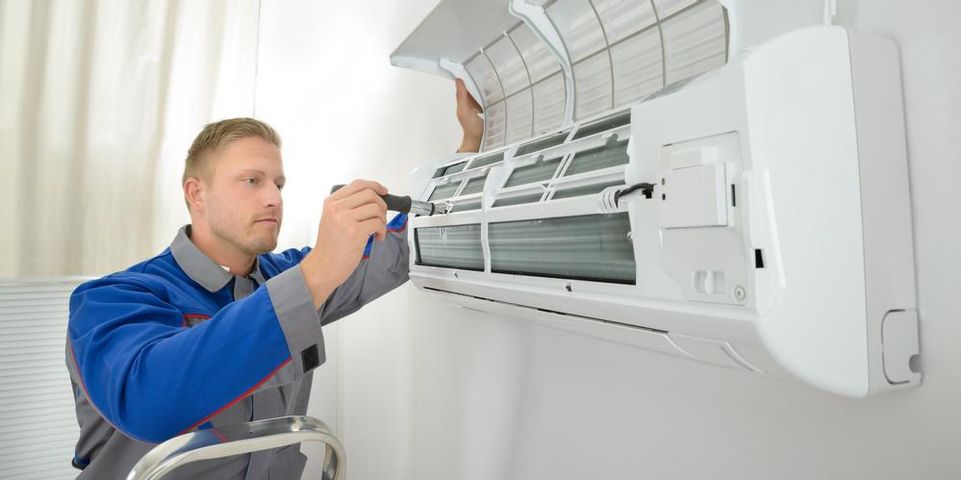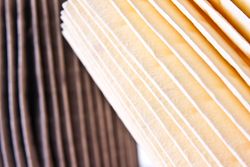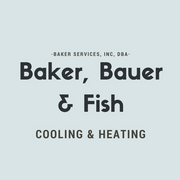
A heating and cooling system provides steady year-round temperature control to keep your home comfortable. Many different parts make up these systems, and the filters are some of the most important. To help clients understand this crucial component, the heating contractor and his team of heating technicians at Cincinnati, OH’s Baker, Bauer & Fish Cooling & Heating answer some frequently asked questions about the filters in your HVAC system.
A Heating Contractor Answers Filter FAQs
What Is a HEPA Filter?
 HEPA stands for high-efficiency particulate air. A HEPA filter is a mechanical air filter that forces the air through a fine mesh to trap allergens, particulates, pollen, dander, dust mites and tobacco smoke. They are most often found in air purifiers.
HEPA stands for high-efficiency particulate air. A HEPA filter is a mechanical air filter that forces the air through a fine mesh to trap allergens, particulates, pollen, dander, dust mites and tobacco smoke. They are most often found in air purifiers.
What Are Filter Ratings?
Filter ratings are put in place to compare residential air filters against one another. One of the most popular is the MERV (Minimum Efficiency Reporting Value) System. It measures how efficiently a filter removes airborne particles from the air. In most cases, the higher the number, the greater level of filtration there is relative to size. The MERV System ranges from one to 13. A filter with a MERV score of 13 is best for removing particles from the air.
Do Filters Affect Airflow?
Most people focus on the filter’s ability to trap allergens and dirt, but can a filter affect your HVAC system’s airflow quality? The short answer is: Yes. Higher-rated MERV filters restrict airflow more than those with a lower rating. Additionally, pleated filters can reduce airflow by as much as 15%—this can lead to ice buildup on the unit and increase the temperature difference among rooms of the house.
What Filter Is Best?
Just because a filter has a 13 on the MERV System doesn’t necessarily mean it is the best option for your residential heating and cooling system. In fact, filters with a MERV score of between five and 12 are considered to be almost as effective as HEPA filters and will filter out mold spores, dust, fiber, and particulates at a lower cost.
What Size Works in Homes?
You want to ensure you’re installing the right size filter in your home. Inspect your filter packaging for the actual sizing and not just the nominal size. This will give you a better indication of whether it will fit your system. Check with your cooling and heating contractor to help determine what fit and type of filter will work best.
Why Does the Cost Vary?
The costs of filters can vary based on a number of factors including size, rating, air filter change frequency, and material. It’s important to determine which filter will work best in your home and its MERV system rating before you decide to buy.
What Are Dirt Holding Capabilities?
This is the amount of dirt or particles that can be trapped in the filter before it loses its efficiency and no longer traps new contaminants or releases them back into the air.
For more on filters or if you have any questions about heating or AC repair, contact the heating contractor and his team of technicians at Baker, Bauer & Fish Cooling & Heating. They offer a range of residential and commercial HVAC services, including repairs, recommendations, and maintenance. Call (513) 542-2770 or visit them online for more information.
About the Business
Have a question? Ask the experts!
Send your question

